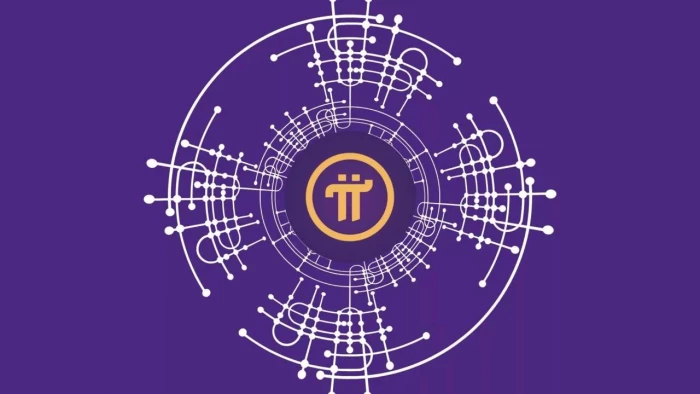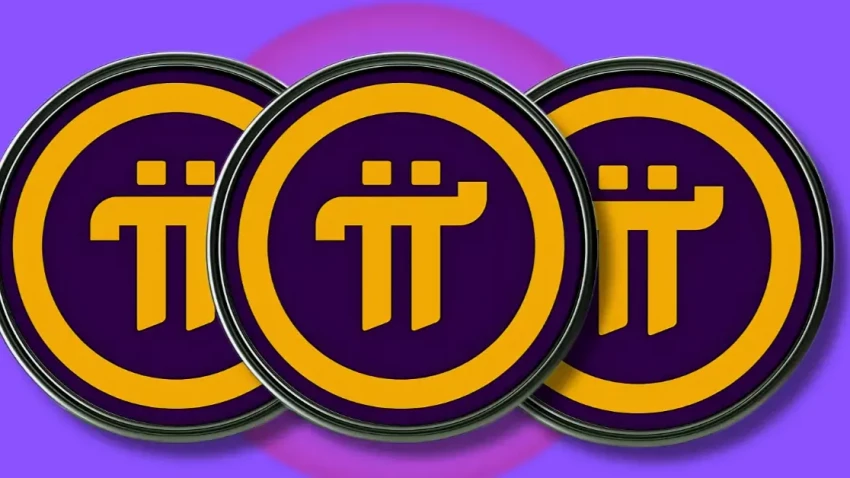

The Pi Network launched with the bold goal of making cryptocurrency accessible to everyone. Unlike Bitcoin or Ethereum, which require expensive mining rigs, Pi can be “mined” on a mobile phone. As a result, the project quickly gained attention from people new to crypto. But as of now, many are still asking the same question: Does Pi Network have a real future?
Let’s explore what Pi Network is, how it works, and what the prospects are for its native token, and whether it’s worth your time or just another social mining experiment.
Pi Network is a mobile-first crypto project developed by a team of Stanford graduates. Its app allows users to earn Pi coins by simply tapping a button daily, acting as a kind of validator in the network. The promise? An easy, energy-efficient way to get involved in crypto without needing advanced knowledge or technical equipment.
The app includes a strong focus on community and trust. Users form “security circles” to build a reliable network and validate transactions. While the concept is innovative, the Pi token still hasn't been listed on major centralized exchanges at the time of writing. This raises doubts for some, while others see it as an early-stage opportunity.

Yes, Pi Network is a real project with millions of users and a dedicated team. However, there are a few important things to keep in mind:
That said, the Pi community remains strong and optimistic. Many users believe that once the mainnet goes public and listings happen, Pi could finally enter the broader crypto economy.
It’s difficult to predict the exact value Pi will hold in the future. While the current “value” used in internal transactions (within the Pi ecosystem) gives a sense of direction, it doesn’t represent a real market rate. Real value comes when Pi becomes freely tradable and exposed to supply and demand dynamics.
Several indicators could help Pi gain traction in the future:
Until those milestones are reached, it’s best to treat Pi as a speculative asset.
If you're looking for similar low-cap, high-potential projects, Plato Coin may also come across your radar. Designed as a utility token for content monetization and knowledge-sharing platforms, Plato aims to reward creators and consumers in a decentralized way.
Those interested in speculative investments might want to buy Plato Coin early, especially if the project continues to grow and secure new use cases. Like Pi, Plato Coin benefits from a strong idea and niche use case, but it’s crucial to research thoroughly before committing any funds.
Pi Network has built an enormous community by offering mobile mining and easy onboarding. However, its future depends on whether it can move from a closed environment to a fully functional blockchain integrated with the global crypto market. The launch of an open mainnet and exchange listings, enabling Pi to USDT conversions, will be the true test of its value.
Until then, Pi remains a high-risk, high-reward opportunity. For those looking to explore similar early-stage tokens, options like buying Plato Coin may also appeal; just make sure to evaluate the fundamentals before making a decision.
As with any crypto project, staying informed and patient is key. The road from hype to value can be long, but for those who get in early, the payoff could be significant.
Be the first to post comment!